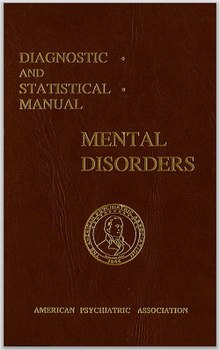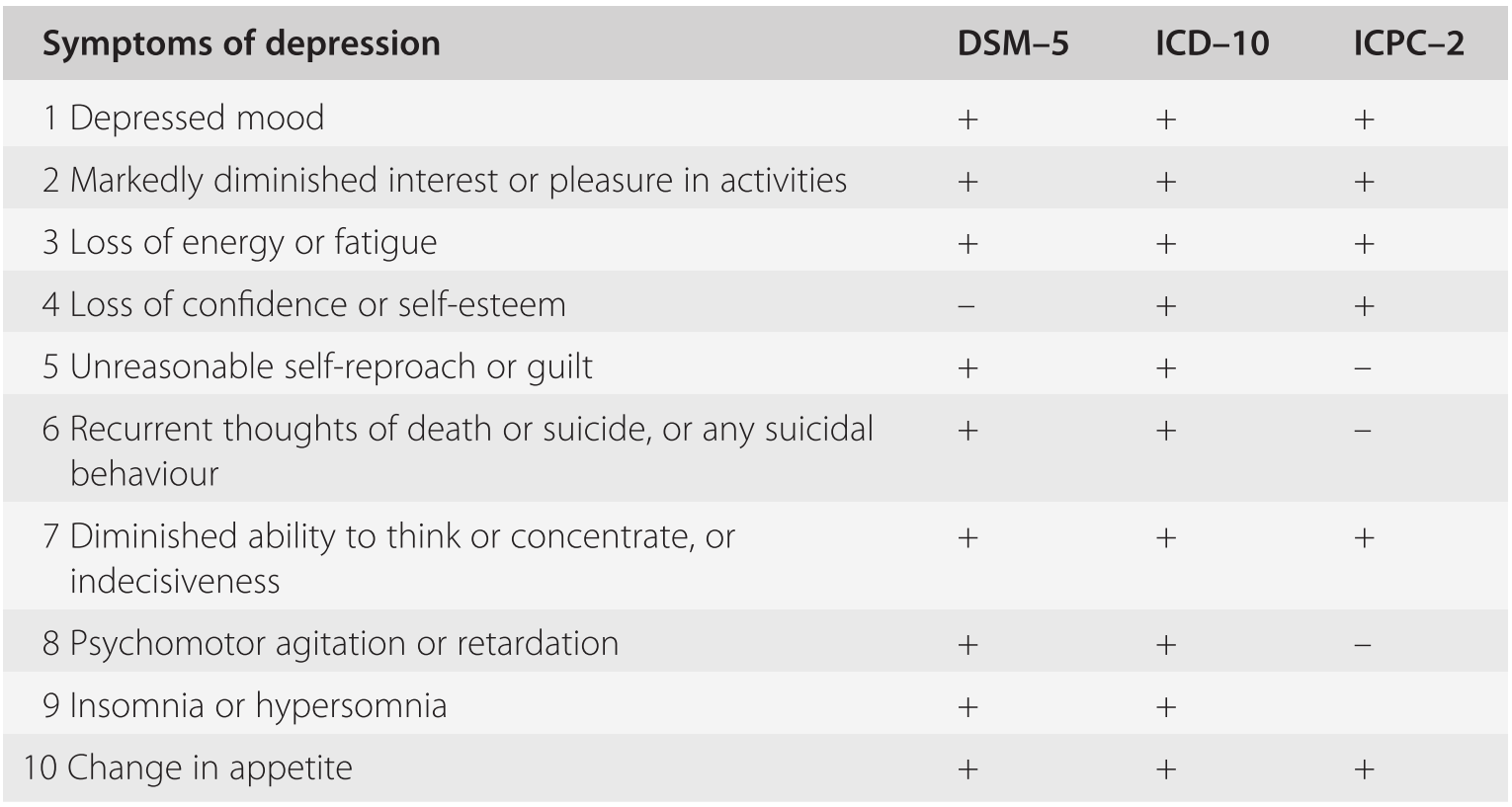12+ A Comparison Of Dsm And Icd Classifications Of Mental Disorder Ideas
A comparison of dsm and icd classifications of mental disorder. Even though ICD-10 is the official coding system in many countries DSM-IV appears to be more popular among mental health profes- sionals. At present there exist two established classification systems for mental disorders. For the classification of all diseases whereas DSM-IV was designed by the professional body of psychiatrists in America for the classification of mental disorders. Mental and behavioural disorders are classified using the DSM DSM-I was published in the USA in 1952 but it was not until DSM-III in 1980 that it became a major player. There are nineteen ICD-11 disorder categories that do not appear in DSM-5 and seven DSM-5 disorder categories that do not appear in the ICD. Most disorders in medicine are classified using the ICD initiated in Paris in 1900. Both systems propose explicit. Includes 10 groups such as delusional disorders mood disorders etc. Today the two most widely established systems of psychiatric classification are the Diagnostic and Statistical Manuel of Mental Disorders DSM and the International Classification for Diseases ICD. Mental and behavioural disorders are classified using the DSM DSM-I was published in the USA in 1952 but it was not until DSM-III in 1980 that it became a major player. Both systems take an anosological approach and base the classification of mental disorders on psychopathology which takes centerstage in the clinical evaluation for classification purposes. Mental and behavioural disorders are classified using the DSM DSM-I was published in the USA in.
A comparison of DSM and ICD classifications of mental disorder. The DSM requires the psychiatrist to evaluate the patient in five axes whilst the ICD is more symptom-based and it also includes more groups of mental disorders with 10 in total. The ICD includes personality disorders on the same domain as other mental disorders unlike the DSM. Comparison of DSM and ICD classifications of mental disorder To take one example among many it has been found that many individuals with obsessive compulsive dis order OCD have post-streptococcal autoimmunity autoantibodies related to possible infection in childhood Dale 2005. A comparison of dsm and icd classifications of mental disorder The International Classification of Diseases ICD-10 published by the World Health Organization WHO and the classification system of the American Psychiatric Association APA the Diagnostic and Statistical Manual of Mental Disorders DSM-IV. A major difference is the role of functional impairments which are mandatory in DSM-5 but not ICD-11. We compared the Essential Features section of the ICD-11 Clinical Descriptions and Diagnostic Guidelines CDDG with the DSM-5 criteria sets for 103 diagnostic entities that appear in both systems. Most disorders in medicine are classified using the ICD initiated in Paris in 1900. In this study 42 of children with OCD had these auto-. WHOs primary focus for the mental and behavioral disorders classification is to help countries to reduce the disease burden of mental disorders. ICD and DSM are. The ICD-10 states that mental disorder is not an exact term although is generally used to imply the existence of a clinically recognisable set of symptoms or behaviours associated in most cases with distress and with interference with personal functions WHO 1992. The fifth edition of the American Psychiatric Associations Diagnostic and Statistical Manual of Mental Disorders DSM-5 and the eleventh edition of the World Health Organizations International.
 Diagnostic And Statistical Manual Of Mental Disorders Wikipedia
Diagnostic And Statistical Manual Of Mental Disorders Wikipedia
A comparison of dsm and icd classifications of mental disorder The ICD is produced by a global health agency with a constitutional public health mission while the DSM is produced by a single national professional association.

A comparison of dsm and icd classifications of mental disorder. The organization of the two classifications of mental disorders is substantially similar. There are nineteen ICD-11 disorder categories that do not appear in DSM-5 and seven DSM-5 disorder categories that do not appear in the ICD-11. Despite each being as widely used as the other the ICD and the DSM conceptualise and classify mental disorders in different ways.
ICD vs DSM - Key Differences and Similarities. The two systems at both the organizational and the disorder level. Most disorders in medicine are classified using the ICD initiated in Paris in 1900.
And clinicalpersonality disorders are part of. International Classification of Diseases ICD and Diagnostic and Statistical Manual of Mental Disorders DSM are systems that identify and classify diseases once the diagnosis is established.
A comparison of dsm and icd classifications of mental disorder International Classification of Diseases ICD and Diagnostic and Statistical Manual of Mental Disorders DSM are systems that identify and classify diseases once the diagnosis is established.
A comparison of dsm and icd classifications of mental disorder. And clinicalpersonality disorders are part of. Most disorders in medicine are classified using the ICD initiated in Paris in 1900. The two systems at both the organizational and the disorder level. ICD vs DSM - Key Differences and Similarities. Despite each being as widely used as the other the ICD and the DSM conceptualise and classify mental disorders in different ways. There are nineteen ICD-11 disorder categories that do not appear in DSM-5 and seven DSM-5 disorder categories that do not appear in the ICD-11. The organization of the two classifications of mental disorders is substantially similar.
A comparison of dsm and icd classifications of mental disorder
 Experience With Icd 10 Dsm Iv Substance Use Disorders Semantic Scholar
Experience With Icd 10 Dsm Iv Substance Use Disorders Semantic Scholar